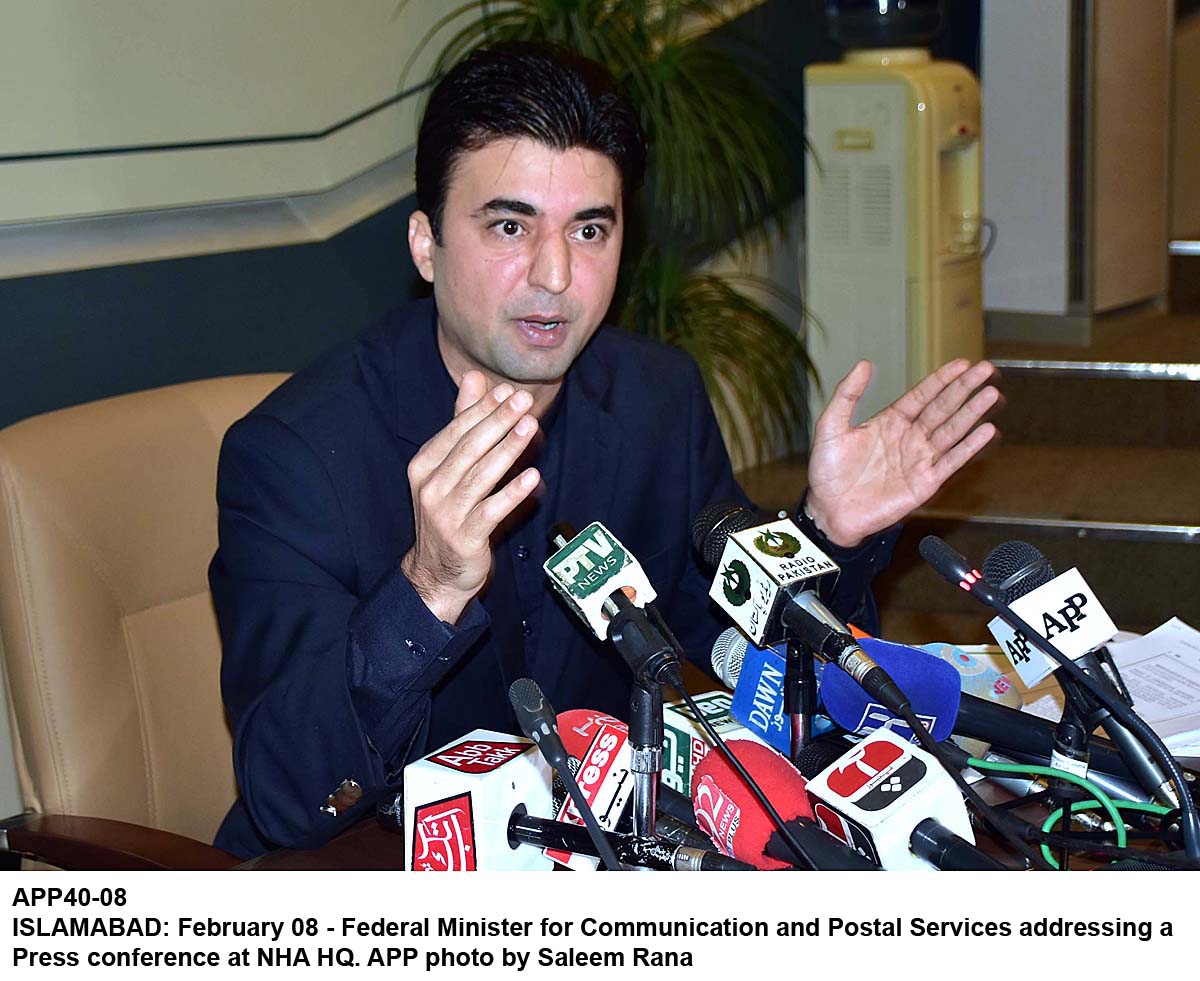WASHINGTON: A draft proposed to accept new members into the Nu
clear Suppliers Group (NSG) makes India’s entry possible but leaves Pakistan out, a local website quoted a US-based arms control organisation as saying.
The Arms Control Association (ACA), Washington, also warns that relaxing membership rules will undermine non-prolife
ration.
Last week, the US media reported that Rafael Mariano Grossi, a former chairman of the NSG, had prepared a two-page document, explaining how a non-NPT state, like India and Pakistan, could join the group. Grossi was acting on behalf of the current chairman, Song Young-wan of South Korea, and his document enjoys a semi-official status.
To p
revent India from blocking Pakistan from joining the NPT, Grossi’s draft note proposes that “one non-NPT member state should reach an understanding not to block consensus on membership for another non-NPT member state”.
But ACA’s executive director, Daryl Kimball, warns that “Pakistan still has grounds to object to the formula outlined by Mr Grossi”. He explains that the document will require Pakistan to meet the same criteria for membership as India “but, to engage in civil nu
clear trade with NSG states, it would have to win a separate NSG exemption from the full-scope safeguards requirement”.
The 48-nation NSG is a nu
clear technology control organisation formed in 1975 in response to India’s first nu
clear weapon test, which used plutonium produced with nu
clear technology from Canada and the United States. The NSG seeks to p
revent similar future misuses.
Current NSG membership rules require a state to
sign the nu
clear Non-prolife
ration Treaty (NPT) before joining this exclusive club. India remains one of only three countries, with Israel and Pakistan, never to have signed the NPT.
Earlier this year, India formally applied for membership and was followed by Pakistan. The United States, and a host of other powerful western nations, back India’s application, but China and half a dozen other nations are blocking India’s membership, which requires a consensus of all members.
India had hoped to join the group during NSG’s last plenary session, held in Seoul in June this year, but the meeting ended without taking any decision on New Delhi’s application.
Several countries expressed concerns over India’s entry because it had not yet signed the NPT. China led the efforts to block India’s membership.
After the plenary, the new chairman asked Grossi to work out a proposal for admitting new members. The proposal he prepared also addressed the India-Pakistan dispute, acknowledging that both countries had “political reasons” for blocking each other’s membership.
But Mr Kimball points out that Grossi’s formula allows India to claim that it has already undertaken the steps necessary for membership, “which could then lead to a decision on membership for India, while still leaving Pakistan in a different status”.
The proposal requires a non-NPT state to declare that it has brought into force a
clear and strict sepa
ration of current and future civilian nu
clear facilities from no
n-civilian nu
clear facilities and is willing to apply this principle to future facilities as well.
The new member also needs to assure NSG that it has provided and maintains a decla
ration to the IAEA that identifies all current and future civilian nu
clear facilities.
The applicant also needs to assure NSG that it has enforced a safeguards agreement with the IAEA covering all declared civilian facilities and all future civilian facilities which the IAEA determines are eligible for safeguards.












